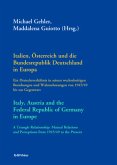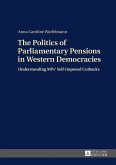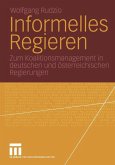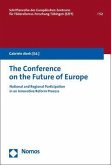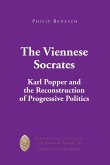This book argues that Germans and Austrians have dealt with the Nazi past very differently and these differences have had important consequences for political culture and partisan politics in the two countries. Drawing on different literatures in political science, Art builds a framework for understanding how public deliberation transforms the political environment in which it occurs. The book analyzes how public debates about the 'lessons of history' created a culture of contrition in Germany that prevented a resurgent far right from consolidating itself in German politics after unification. By contrast, public debates in Austria nourished a culture of victimization that provided a hospitable environment for the rise of right-wing populism. The argument is supported by evidence from nearly two hundred semi-structured interviews and an analysis of the German and Austrian print media over a twenty-year period.
Hinweis: Dieser Artikel kann nur an eine deutsche Lieferadresse ausgeliefert werden.
Hinweis: Dieser Artikel kann nur an eine deutsche Lieferadresse ausgeliefert werden.
"This is an outstanding book. David Art tackles an important real-world issue--the effect of the Nazi past on recent and contemporary politics--and he provides a compelling and innovative argument about why Germany and Austria have dealt with their pasts so differently. He shows how the public debates that emerged in these two countries during the 1980s led to two very distinct types of right-wing populist movements: a weak and marginalized fringe in Germany, but a strong and influential far right party in Austria. This book will have a major impact on the fields of comparative politics and European politics, and it should also be widely noticed by scholars and students interested in political communication, history and politics, right-wing extremism, and the role of ideas in politics." Marc Morjé Howard, Georgetown University



